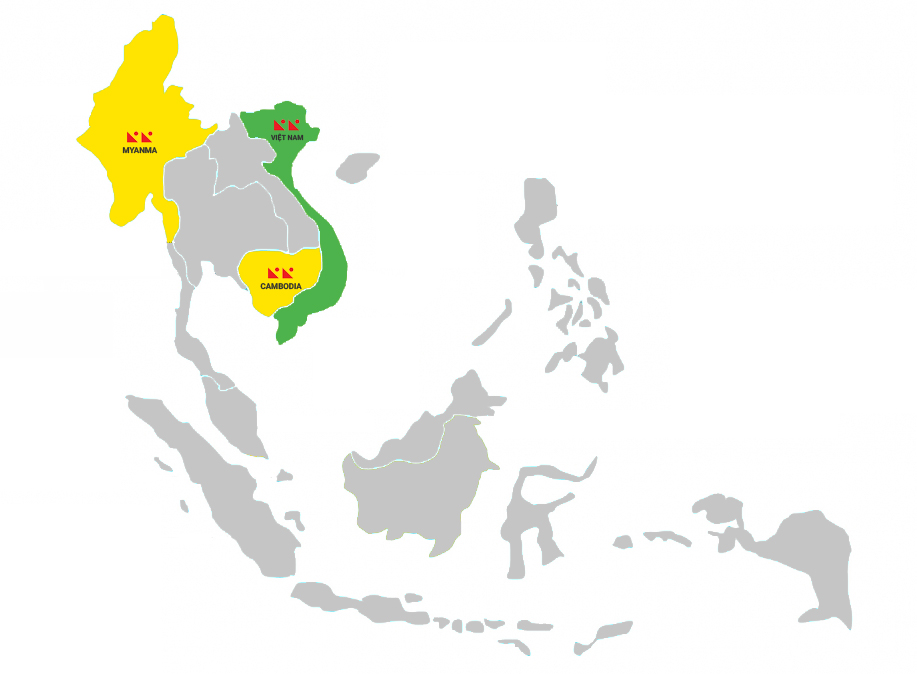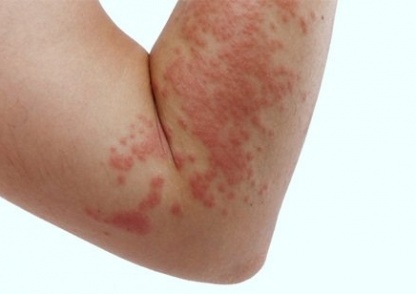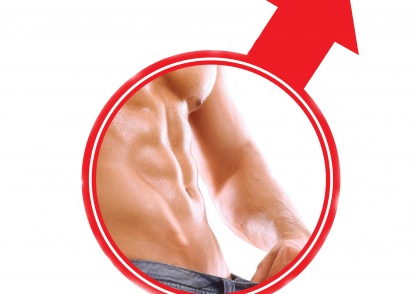What is the treatment for infectious diarrhoea in children?
Diarrhoea often settles within a few days or so as a child's immune system is usually able to clear the infection. Children can usually be treated at home. Occasionally, admission to hospital is needed if symptoms are severe, or if complications develop.
Fluids to prevent lack of fluid in the body (dehydration)
You should encourage your child to take plenty of fluids. The aim is to prevent dehydration. The fluid lost if they have been sick (vomited) and/or have had diarrhoea needs to be replaced. Your child should continue with their normal diet and usual drinks. In addition, they should also be encouraged to drink extra fluids. However, avoid fruit juices or fizzy drinks, as these can make diarrhoea worse.
Babies under 6 months old are at increased risk of dehydration. You should seek medical advice if they develop sudden-onset (acute) diarrhoea. Breast-feeds or bottle-feeds should be encouraged as normal. You may find that your baby's demand for feeds increases. You may also be advised to give extra fluids (either water or rehydration drinks) in between feeds.

Rehydration drinks may be advised by a doctor for children at increased risk of dehydration (see above for who this may be). They are made from sachets available from pharmacies and on prescription. You should be given instructions about how much to give. Rehydration drinks provide a perfect balance of water, salts and sugar. The small amount of sugar and salt helps the water to be taken in (absorbed) better from the gut into the body. Home-made salt/sugar mixtures are used in developing countries if rehydration drinks are not available but they have to be made carefully, as too much salt can be dangerous to a child. Rehydration drinks are cheap and readily available in the UK and are the best treatment for your child.
If your child vomits, wait 5-10 minutes and then start giving drinks again, but more slowly (for example, a spoonful every 2-3 minutes). Use of a syringe can help in younger children who may not be able to take sips.
Note: if you suspect that your child is dehydrated, or is becoming dehydrated, you should seek medical advice urgently.
Fluids to treat dehydration
If your child is mildly dehydrated, this may be treated by giving them rehydration drinks. Read the instructions carefully for advice about how to make up the drinks and about how much to give. The amount can depend on the age and the weight of your child. If rehydration drinks are not available for whatever reason, make sure you keep giving your child water, diluted fruit juice or some other suitable liquid. If you are breast-feeding, you should continue with this during this time. It is important that your child is rehydrated before they have any solid food.
Sometimes a child may need to be admitted to hospital for treatment if they are dehydrated. Treatment in hospital usually involves giving rehydration solution via a special tube called a nasogastric tube. This tube passes through your child's nose, down their throat and directly into their stomach. An alternative treatment is with fluids given directly into a vein (intravenous fluids).
Eat as normally as possible once any dehydration has been treated
Correcting any dehydration is the first priority. However, if your child is not dehydrated (most cases), or once any dehydration has been corrected, encourage your child to have their normal diet. Do not starve a child with diarrhoea. This used to be advised but is now known to be wrong. So:
- Breast-fed babiesshould continue to be breast-fed if they will take it. This will usually be in addition to extra rehydration drinks (described above).
- Bottle-fed babiesshould be fed with their normal full-strength feeds if they will take it. Again, this will usually be in addition to extra rehydration drinks (described above).
- Older children- offer them some food every now and then. However, if he or she does not want to eat, that is fine. Drinks are the most important and food can wait until their appetite returns.

Medication is not usually needed
Medicines are not normally given to stop diarrhoea to children under 12 years old. They sound attractive remedies but are unsafe to give to children, due to possible serious complications. However, you can give paracetamol or ibuprofen to ease a high temperature (fever) or headache. There is also a medicine called racecadotril available on prescription, which can be given to reduce the amount of fluid that is secreted into the gut. This will make the stool (faeces) more solid. It is used along with rehydration medicines. It can be used in babies and children from 3 months of age.

If symptoms are severe, or continue (persist) for several days or more, a doctor may ask for a sample of the diarrhoea. This is sent to the laboratory to look for infecting germs (bacteria, parasites, etc). Sometimes an antibiotic or other treatments are needed, depending on the cause of the infection.
(Source from: https://patient.info/health/acute-diarrhoea-in-children)










